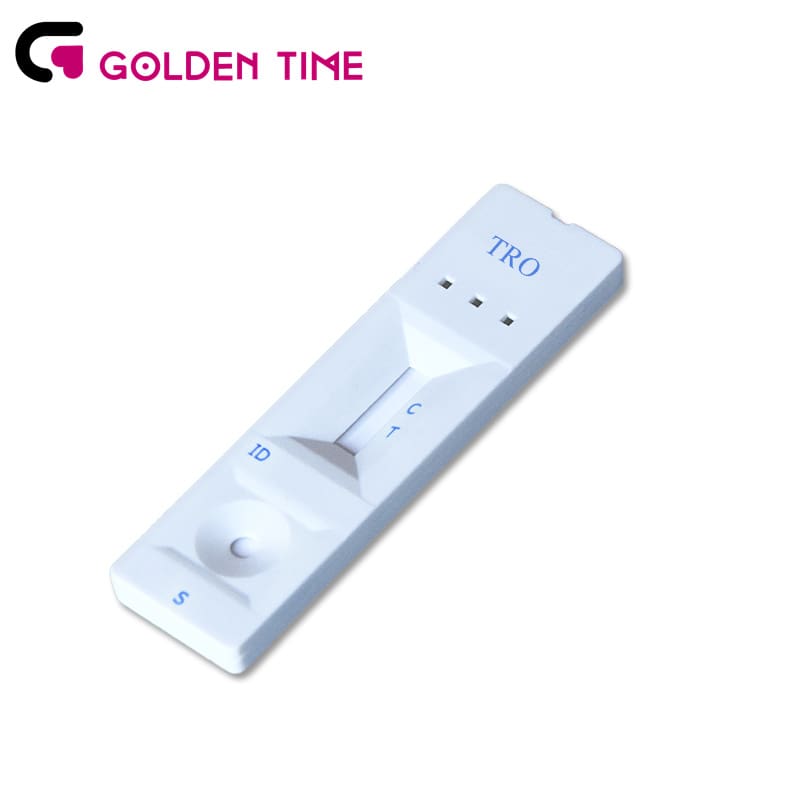dec . 07, 2024 02:36 Back to list
best hiv test kits manufacturer
The Best HIV Test Kits Manufacturers Pioneering Health Solutions
In recent years, the importance of HIV testing has grown exponentially as awareness of the virus and its implications expands across the globe. Accurate and accessible HIV testing is a crucial component of public health efforts aimed at controlling the spread of the virus and providing timely treatment to affected individuals. As a result, numerous manufacturers have emerged in the market, each claiming to provide the best HIV test kits. This article delves into the characteristics of leading manufacturers of HIV test kits and highlights the key players in this vital industry.
Understanding the Importance of Quality HIV Test Kits
Before exploring the manufacturers, it is essential to understand why quality HIV test kits are critical. The quality of test kits directly influences diagnosis accuracy, leading to early treatment for those infected and reducing the transmission of the virus. High-quality kits are characterized by their sensitivity, specificity, stability, ease of use, and rapid results. Manufacturers must adhere to international standards and regulations, ensuring that their products are safe and effective.
Key Players in the HIV Test Kit Manufacturing Industry
1. Abbott Laboratories Abbott is a global leader in healthcare, and its diagnostic division is well-regarded for its innovation in HIV testing technologies. Their HIV test kits, including the ARCHITECT HIV Ag/Ab Combo test, are known for their high accuracy and rapid results. Abbott’s commitment to research and development has positioned them at the forefront of HIV testing solutions.
2. Roche Diagnostics Roche is another major player known for its sophisticated diagnostic tools. Their Cobas HIV-1 test is widely used in laboratories for its reliability and speed. Roche continuously invests in new technologies to enhance the accuracy and efficiency of their testing processes. Their focus on molecular diagnostics has also paved the way for more sensitive and specific HIV testing methods.
3. BD (Becton, Dickinson and Company) BD is recognized for its contributions to medical technology and diagnostics. Their HIV test kits, such as the BD FACSPresto, offer quick and reliable results, making them suitable for diverse testing environments, including those with limited resources. BD's emphasis on global health initiatives ensures that their products are accessible in underprivileged areas where the need is greatest.
best hiv test kits manufacturer

4. Orasure Technologies Orasure has gained fame for its oral HIV test kits, which offer a non-invasive alternative to traditional blood tests. The OraQuick Rapid HIV Test has revolutionized testing by allowing individuals to test themselves in the privacy of their homes. This innovation not only improves access to testing but also helps reduce the stigma associated with HIV testing in some communities.
5. Abbvie Known primarily for its pharmaceuticals, Abbvie also manufactures diagnostic tests for HIV. The company's focus on scientific advancement underpins its high-quality test kits, which are widely trusted in clinical settings. Abbvie collaborates with international health organizations to ensure that their testing solutions meet the needs of various populations globally.
6. HIV Test Researchers In addition to established corporations, numerous start-ups and research institutions are dedicated to developing novel HIV test kits. These entities often focus on innovative technologies, such as point-of-care testing, that can bring HIV testing to remote locations. Their agility allows them to respond quickly to emerging needs in the health sector.
Challenges and Future Trends
While the landscape of HIV testing is promising, challenges remain. Issues such as counterfeit products and variability in testing quality can undermine public health efforts. Therefore, it is essential for manufacturers to not only produce high-quality test kits but also to participate in educational programs aimed at informing healthcare providers and the public about the importance of using certified kits.
The future of HIV testing technology is likely to see the integration of artificial intelligence and machine learning to improve accuracy and predictive capabilities. Furthermore, the potential for home testing and digital health solutions promises to enhance testing accessibility and reduce barriers to entry.
Conclusion
The role of HIV test kits in combating the spread of HIV cannot be overstated. As manufacturers strive to develop more effective, reliable, and accessible testing solutions, the partnerships with public health organizations and investment in research will be crucial. Leading manufacturers like Abbott, Roche, BD, Orasure, and Abbvie are paving the way, but the continued progress of HIV testing technology will depend on innovation, quality assurance, and a commitment to global health equity. This ongoing effort is vital for ending the HIV epidemic and ensuring that affected individuals receive the timely care they need.
-
Premium Empty ABS Plastic Cassettes: Durable & Lightweight Storage
NewsAug.01,2025
-
Accurate Cocaine (Coc) Rapid Test Kit | Fast & Reliable Detection
NewsJul.31,2025
-
Accurate HCG Pregnancy Test Strips | Fast Home Use Kit
NewsJul.31,2025
-
Reliable Early Pregnancy Test Kit Supplier - Multi Plastic Cassette Options
NewsJul.30,2025
-
Transferrin Rapid Test Cassette – Reliable Tumor Marker Detection
NewsJul.29,2025
-
Accurate Follicle Stimulating Hormone Test Kit | Rapid Reliable Results
NewsJul.29,2025

